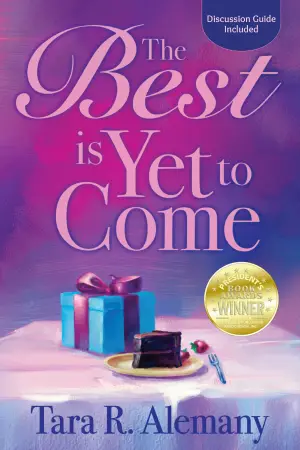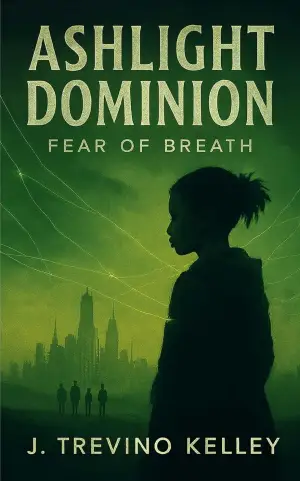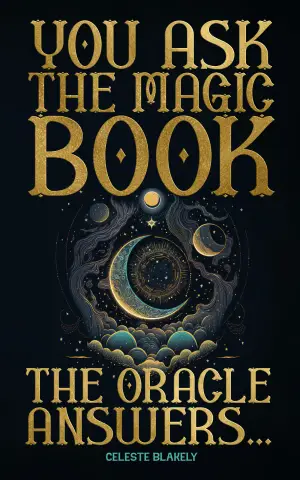Review of The House of the Spirits by Isabel Allende
As an avid reader with a penchant for immersive narratives that weave the personal and the political, I was drawn to The House of the Spirits primarily due to its reputation as a seminal work in Latin American literature. The moment I heard that this epic spans across generations, blending themes of love, magic, and revolution, I knew it was a must-read for me.
Isabel Allende’s storytelling is remarkable; she truly deserves the title of one of the world’s most gifted storytellers. The historical backdrop of Latin America, intertwined with the Trueba family saga, is captivating from the onset. Esteban Trueba, a proud and often tyrannical patriarch, exudes a magnetic presence as he grapples with political power and personal failings, all while being softened by his mystical wife, Clara. The depths of their relationship serve as a lens through which we explore the intricacies of their family dynamics and the broader socio-political landscape.
One of the standout elements for me was Allende’s rich tapestry of magical realism. The seamless blending of the spirit world with the mundane life of the Trueba family not only enhances the emotional weight of the narrative but also serves as a potent symbol of the conflicts and contradictions faced by the characters. The way Clara’s psychic abilities shape the family’s journey added a unique layer to the storytelling, making it both poignant and mesmerizing.
However, I must mention a couple of drawbacks that I encountered during my reading. Several readers have pointed out that the pacing can sometimes lag, particularly in the middle sections of the book. I found this to be true to an extent; while the extensive details enrich the narrative world, there were moments when I longed for a tighter progression of the plot. This is a book that requires patience, but the payoff is undoubtedly rewarding.
Additionally, some characters, especially Esteban, can be quite polarizing. His oppressive nature can be frustrating to read, and it evoked a mix of emotions ranging from anger to pity. While I appreciate complex characters with flaws, I felt that at times his narrative overshadowed some of the more compelling arcs, particularly that of his daughter Blanca and granddaughter Alba. Their growth and resilience deserve equal time to shine, and I found myself wishing for more focus on their journeys.
Despite these minor setbacks, I cannot overlook the artistry in Allende’s prose and the depth of her characters. The book is richly layered with themes of love, loss, and the cyclical nature of history, making it a reflection not just of the Trueba family, but of Latin American identity and culture as a whole. The concluding chapters resonate powerfully with the notion of hope and revolution, presenting Alba as a strong-willed beacon for the future.
In conclusion, The House of the Spirits is more than just a tale of a family; it is a journey through the heart and soul of a nation. It is a spectacular and absorbing work that I wholeheartedly recommend to those who appreciate the intertwining of personal stories with a broader historical context. The 4.5-star rating I would assign it reflects its vibrant storytelling and emotional depth, despite the pacing issues and some character portrayals. If you’re ready to dive into a world of magic, politics, and profound human experiences, this book is definitely worth picking up.
“Discover the captivating world of family, magic, and destiny in The House of the Spirits.” >>








